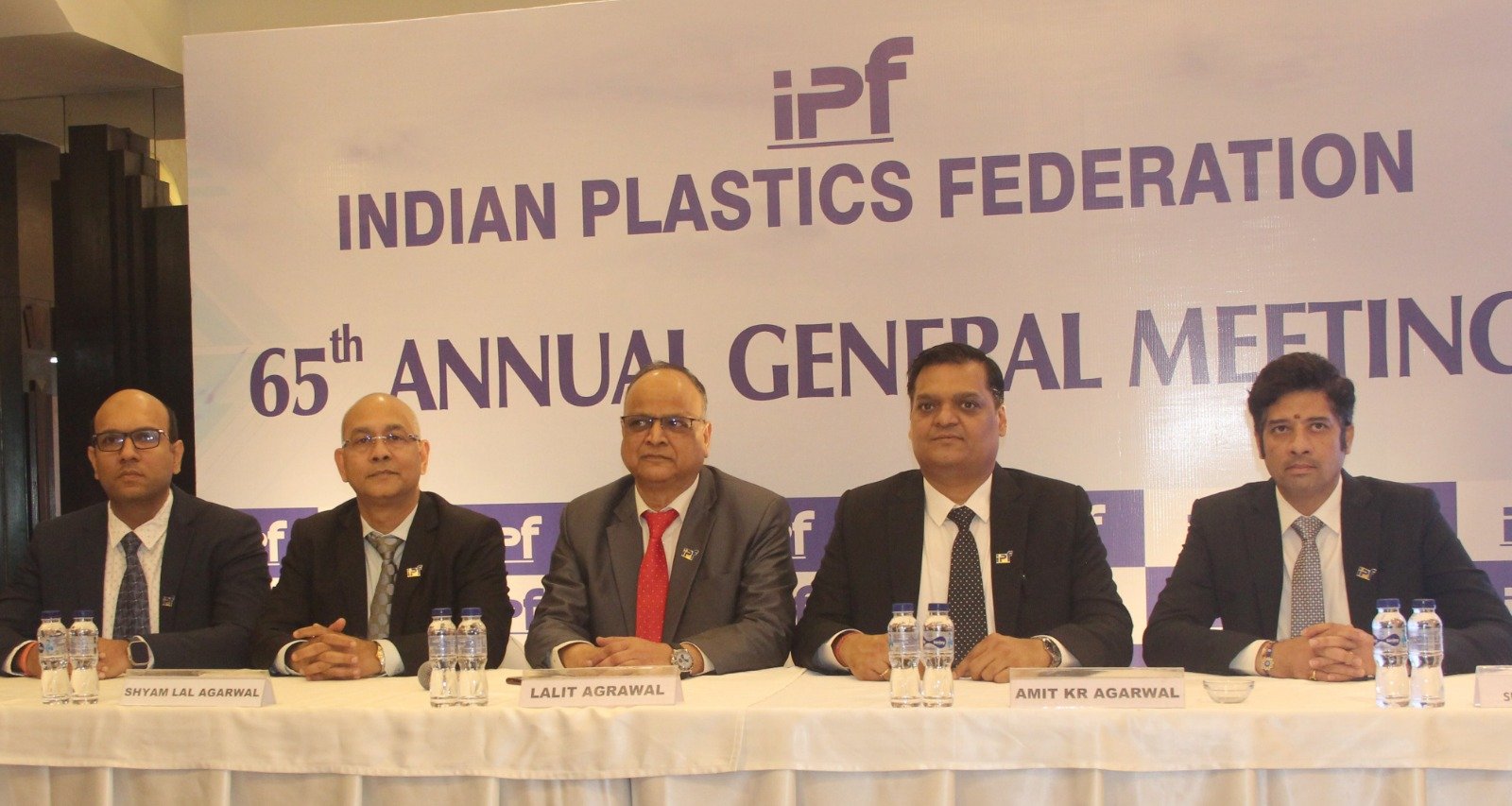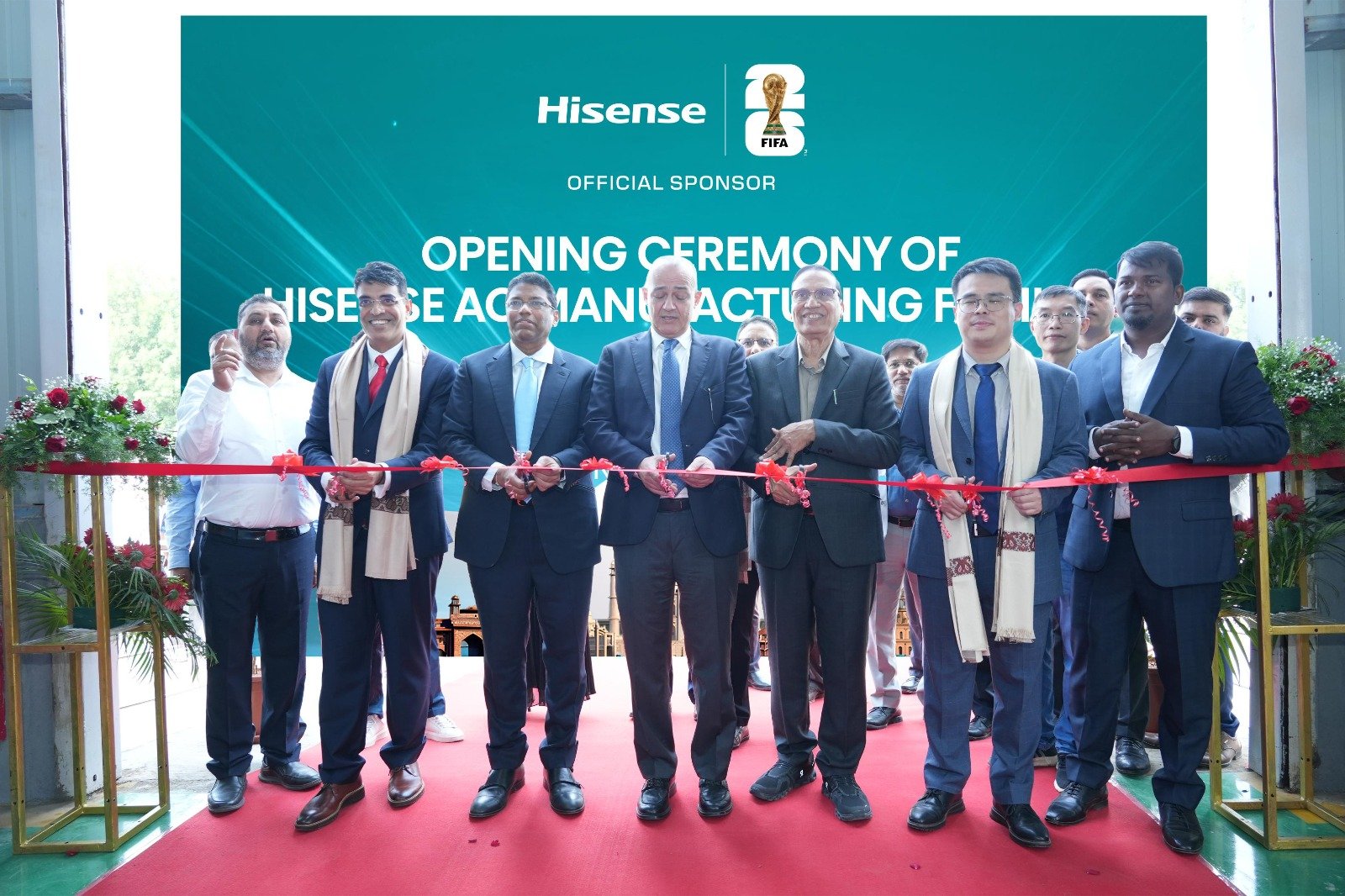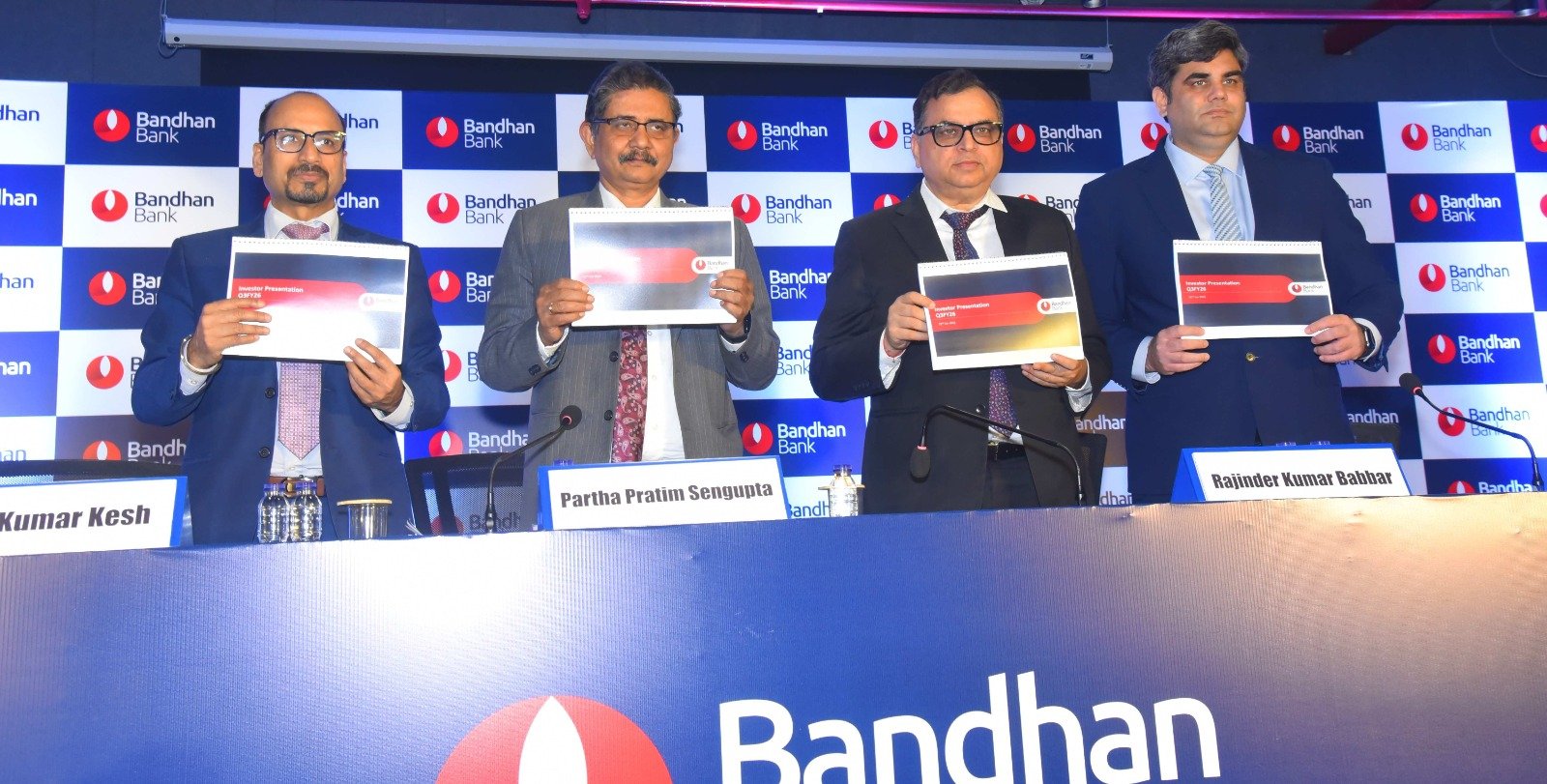KOLKATA : The Indian Plastics Federation (IPF) held its 65th Annual General Meeting, focusing on key initiatives related to plastics recycling and the rapid growth of the industry in West Bengal. The event featured discussions led by prominent figures such as Lalit Agrawal, President of IPF, and Amit Kumar Agarwal, Vice President of IPF, along with the esteemed presence of Saurabh Garodia, Hony. Jt. Secretary, Shyam Lal Agarwal, Hony. Secretary and Sudarshan Kumar Tawri, Hony. Treasurer.
In his remarks, Lalit Agrawal, President of Indian Plastic Federation, highlighted the association’s vital role in shaping the economy. He emphasized, ‘IPF, the premier association of plastic processors and manufacturers in India, has over 900 members and significantly contributes to the state’s economy. Despite negative perceptions, global plastic consumption is surging, with 450 million metric tons consumed worldwide, 25 million metric tons in India and 2.5 million metric tons in West Bengal. This contributes ₹35,000 crore to the state GDP and provides employment to 6 lakh individuals. To tackle waste management challenges, we are promoting recycling, source segregation, and public education. IPF has organized conferences, participated in the West Bengal Shopping Festival and will soon launch educational programs and skill development courses at our Knowledge Centre in Poly Park.’
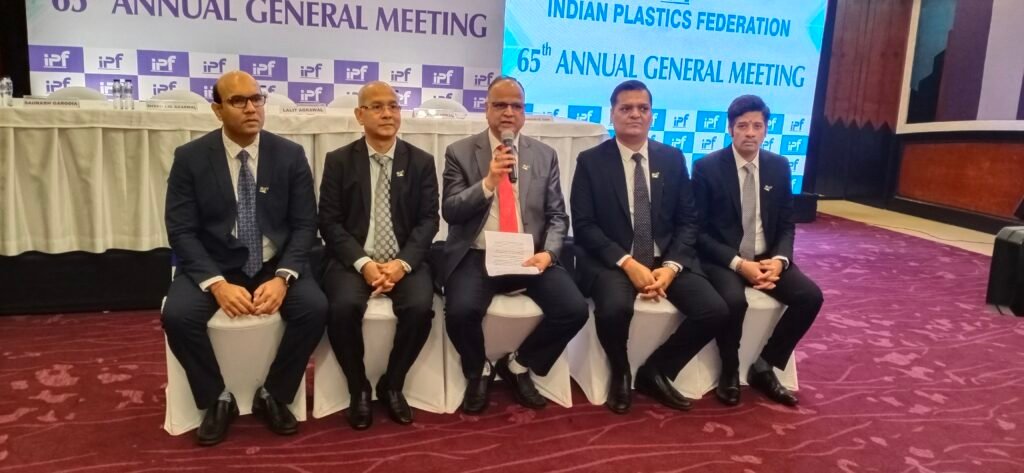
Amit Agarwal, Vice President of Indian Plastic Federation, provided insights into future events. ‘We are excited to announce Indplas’25 Exhibition, from February 28 to March 3, the largest plastic exhibition in Eastern India, spanning 10,000 square meters. Exhibitors from across the globe will present the latest innovations in the plastic sector, particularly for MSMEs in West Bengal. We are expecting 200,000 visitors. During the launch event, Honorable Minister Dr. Sashi Panja appreciated our tagline, ‘The future is East and the future is plastic.’
The meeting further underscored IPF’s strong focus on plastic waste management across the state. One of the key initiatives was the proposal to introduce plastic waste management education in schools, aimed at raising awareness among younger generations. The necessity for more recycling plants was also discussed, with plans for several new plants to meet the rising demand. Additionally, it was noted that in the coming years, 50% of all plastic material will be sourced from recycled products.
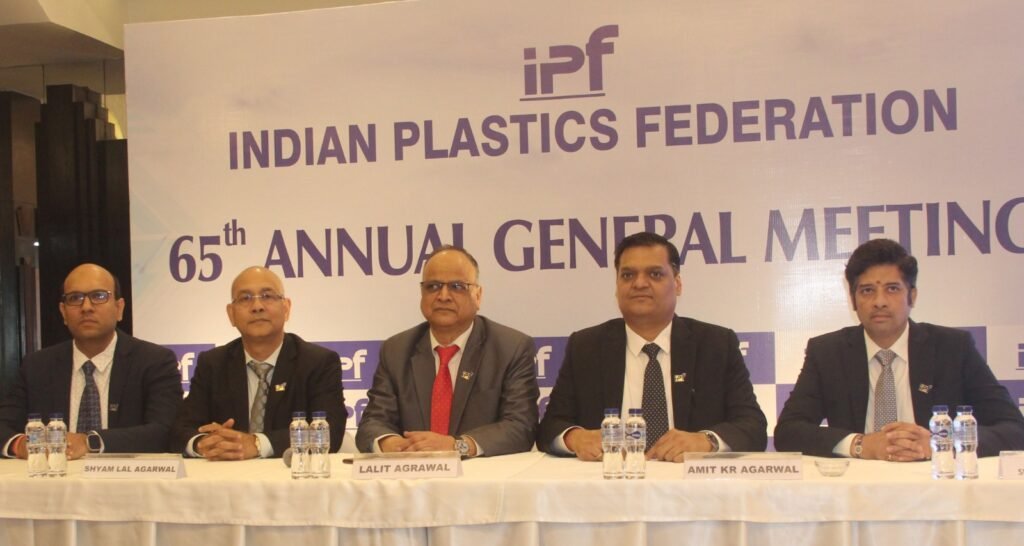
Shyam Lal Agarwal, Hony. Secretary, added, ‘This year, our priority has been empowering our members through various training programs, including GST seminars, to enhance their business acumen and create new employment opportunities in the state. We acknowledge and appreciate the government’s support, particularly for MSMEs.’
Saurabh Garodia, Hony. Jt. Secretary, commented, ‘As responsible citizens, we must pledge to use plastic wisely. The problem isn’t plastic itself but how we dispose of it. Proper waste disposal is crucial, and as reiterated by our leadership, we are dedicated to supporting recycling efforts and making a meaningful difference.’
Sudarshan Kumar Tawri, Hony. Treasurer, further explained, ‘The issue is not with plastic but with irresponsible disposal. We must follow the principle of K-N-O-W: Know the plastic, use it wisely, and ensure its proper disposal. This approach will not only help save our environment but also allow us to recycle plastic into a valuable resource.’
Another key topic discussed was the growth trajectory of the plastics industry in West Bengal. The state currently has 5,500 operational units, processing 2.5 metric tons of polymers annually and employing approximately 600,000 people. With a growth rate of 12–15%, which exceeds the national average, IPF projected the addition of 200,000 new jobs and a business expansion of ₹3,000 crore in the near future.
The discussion also emphasized the necessity for infrastructure improvements, particularly the development of the Tajpur deep-sea port, which will bolster the import of raw materials and export of finished products. This is seen as crucial for the region’s rapidly expanding plastic industry.
In addition, IPF highlighted the importance of skill development with ongoing efforts to train the workforce at the IPF Skill Development Centre in Polypark, Dulagarh. These initiatives are designed to ensure the sector has a skilled workforce capable of meeting future challenges and demands.
Overall, the 65th Annual General Meeting showcased the dynamic progress and sustainable initiatives currently shaping Bengal’s plastics industry, positioning the state as a frontrunner in industrial growth and environmental stewardship.

